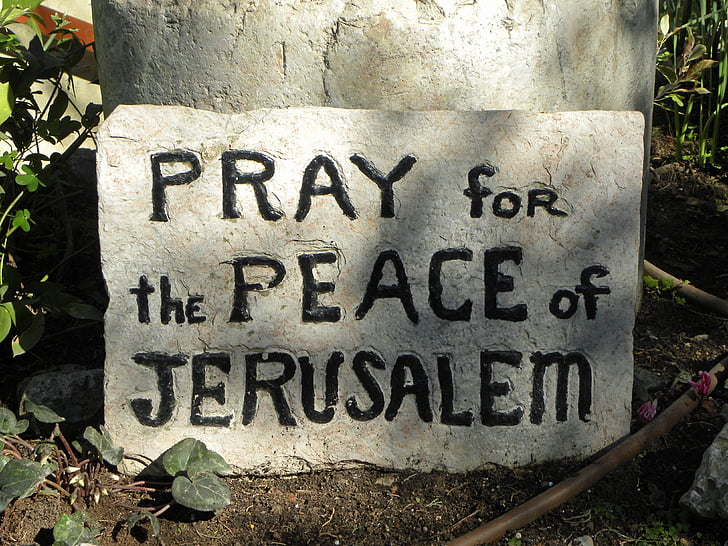It is almost tiresome to add one’s voice to the babble of the Twitterati and commentariat online. In their midst are some voices really worth hearing, if they can be heard. A minority, to be sure…
On my Twitter (or is it X) feed, there has been appearing a large number of posts from various sources, fed to me by the algorithm, showing some of the atrocities committed by Hamas last Saturday. Dashcam footage, CCTV, mobile phone footage, grotesque propaganda pieces by pro-Hamas/Islamic Jihad entities. Only some of them can I watch. The barbarity is gut-churning—literally; my stomach knotted up as I watched some of them. In a way, the worst of it is the gloating, both of the perpetrators and the crowds of Palestinians and their supporters who have been gathering on the streets of Western capitals to celebrate the atrocities. One video today showed gloating, jubilant Palestinians in the USA taunting a smaller group of Israeli supporters with images of slain Israelis displayed on their mobile phones. Grotesque.
We do not need here a tedious attempt to recount the long and tortuously complex history of ethnic and religious relations in the Middle East. The West is partly to blame for the current context. So are other players, not least in the present situation Iran and Russia. Not all Muslim nations can stomach Hamas; Egypt is one of them. Israel, notably, had forged remarkable new paths of peace with some Muslim nations, such as Saudi Arabia and the UAE. Some other Muslim nations were very unhappy at this progress.
What all this reveals, if one cares to look more than fleetingly, is the depth of hatred at work here. Real, rabid, hatred. It is sobering, and frightening. The gloating mobs in Western city streets remind us that such hatred is not ‘safely’ thousands of miles away, but in our own midst.
Now that Israel has suffered its trauma, many Western voices will be urging Israel not to retaliate, to seek peace, and the like. We will be told the plight of the residents of the Gaza strip, hitherto willing enough hosts of Hamas, as Israel’s more focused response plays out in their streets. One feels for the innocents among them. Christian voices will speak of forgiveness, turning the other cheek, breaking the cycle of violence, and so forth. They are not wrong; forgiveness and its essential element, the refusal to retaliate, are essentially and fundamentally Christian.
However, I am forced to pause. The Israelis, Hamas, and most Palestinians, are not Christians. We should ask our Christian selves this: why should Jew and Muslim pay any heed at all to our Christian witness to peace when they see all too readily that Western society, bearing still recognisable traces of its Christian heritage, has so utterly repudiated, and even mocked, that heritage? Why should they heed the clamour of professing Christians when they see so many in the Christian churches questioning, undermining, even repudiating the clear teaching of our own scriptures on subjects like sexual morality and identity? If we do not follow Christ, or biblical teaching, why should they?
Forgiveness is the touchstone of Christian holiness and discipleship because it is so, so very difficult when it involves our own personal hurt, distress, and trauma. Fidelity to the Church’s teachings on sexuality and personal chastity, for example, is much easier by comparison.
So if Christians cannot now even agree on our relatively easier teachings on sexual morality and human identity, let alone practise them, how can we expect to preach convincingly to Jews and Muslims that they must pursue the vastly more difficult virtue of forgiving each other? If we cannot be trusted to be faithful to our own lesser virtues, how can we demand they be faithful to our greater ones?
Of course, forgiveness remains true, right, and inescapably a Christian fundamental. But we are not the ones to insist on it to Jews and Muslims at this point; they see in us only hypocrites, and hear from us what seem only banal and empty platitudes.
It seems that our pressing duty as Christians is to help bring this war to a quick and just end, to relieve the distress of the innocent as best we can—and to pray for peace, and to practise it, before we even dare to think of preaching it abroad.
If the preacher does not practise his preaching, what heed would any pay him, even though he be right?
